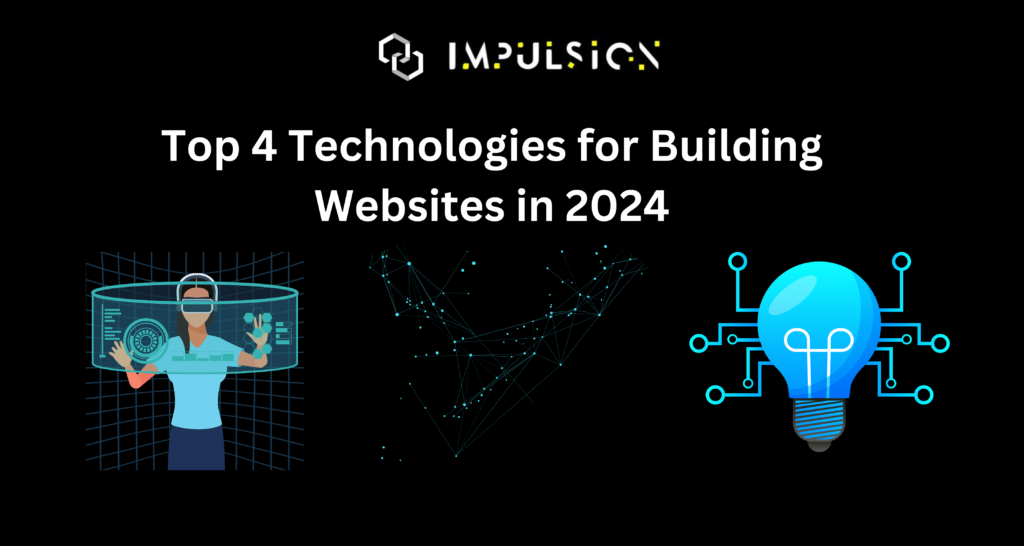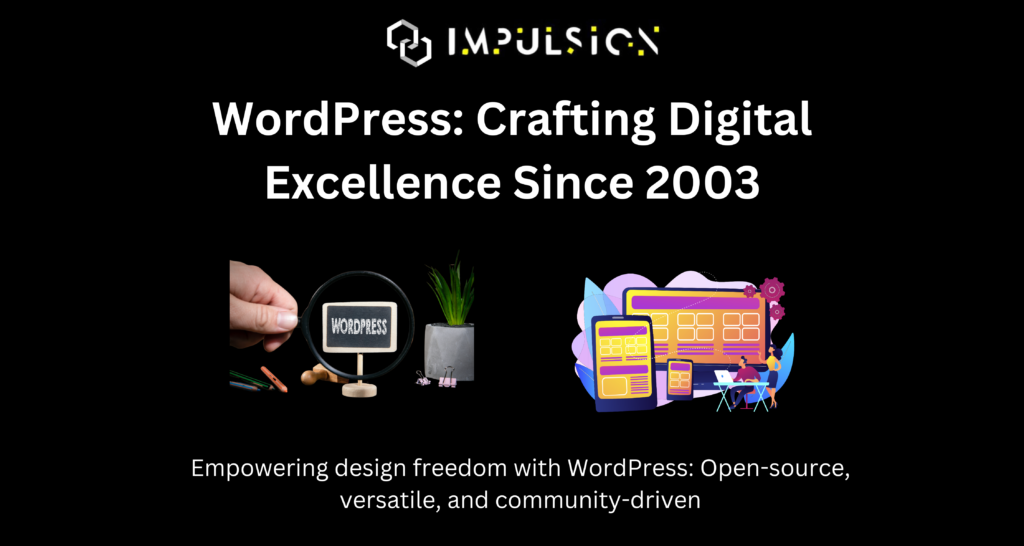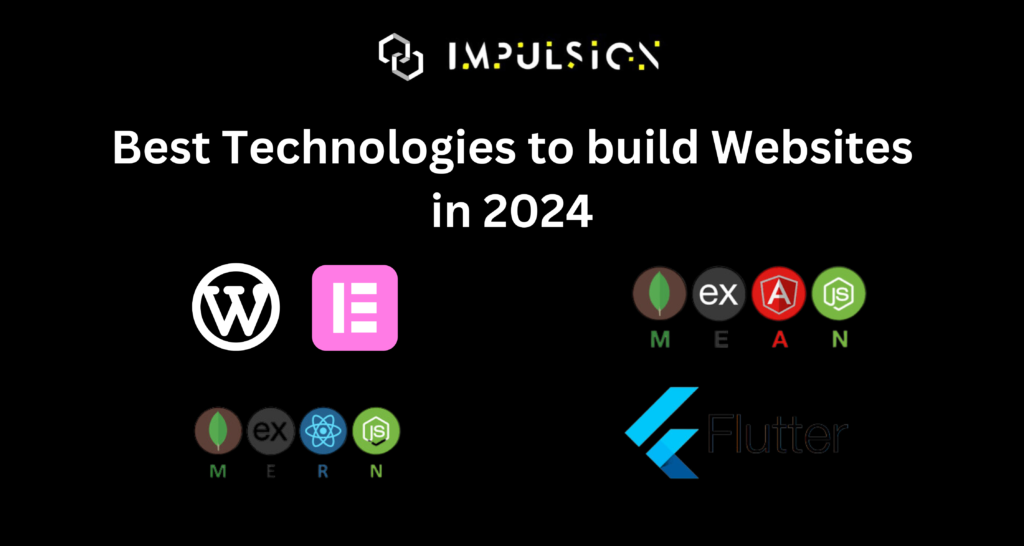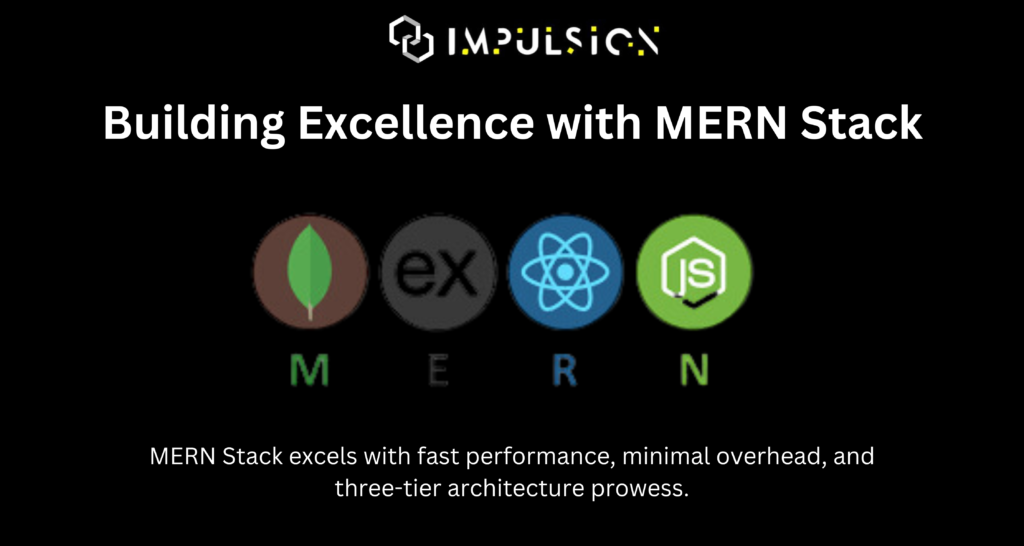
Meta Title- 2024 Guide: The Power of Humanized Content in SEO
A professional website is key for expanding online presence, increasing brand recognition, and improving search rankings. But, creating one in 2024 does not come easily. It takes significant resources, time, and dedication to curate responsive and scalable designs. But, some exceptional technologies exist that can facilitate its seamless creation- let us investigate further into them:
WordPress

WordPress was developed in 2003 by American blogger Matt Mullenweg and British blogger Mike Little. It is an open-source development platform that allows website designers to quickly craft responsive designs without incurring licensing costs or time penalties for customization processes. WordPress provides promising online support communities and extensive resources for web development.
Advantages of WordPress:
- Responsive and SEO-Friendly: WordPress’s lightweight code makes it ideal for creating responsive, SEO-friendly websites.
- Cost-Effective and Free: It offers an affordable solution with free access.
- Customization with Themes and Plugins: WordPress provides a variety of themes and plugins for customization, enhancing aesthetics and security.
- Ideal for Blogging: The platform simplifies website and blog creation. It offers a user-friendly blog interface and content management system, which can enhance credibility.
Disadvantages of WordPress:
- Frequent Updates and Customization Challenges: Regular updates can complicate customization, often occurring without prior notification.
- Security Concerns: WordPress faces issues with plugin compatibility and PHP security vulnerabilities.
MEAN Stack

MEAN Stack, a popular JavaScript-based framework, accelerates the development of websites and web apps. It supports Minimum Viable Product (MVP) development and quick site-building. MEAN Stack includes MongoDB, a document database; Express(.js), a Node.js web framework; Angular(.js), a client-side JavaScript framework; and Node(.js), a JavaScript web server. Each component offers significant advantages.
Benefits of MEAN Stack:
- One Codebase for Multiple Projects: MEAN Stack allows the development of websites on various platforms using a single codebase. It encompasses both the server and client sides. Its isomorphic nature facilitates isomorphic programming capabilities.
- High Performance: As an enterprise-friendly technology, MEAN Stack enables seamless client-server switching. It promotes rapid website development at lower costs.
Disadvantages of MEAN Stack:
- Limitations in Large Applications: MEAN Stack might not be the sole solution for building extensive applications due to potential performance issues in large-scale projects.
- Complex for Beginners: Learning the intricacies of JavaScript, React, Node.js, Express JS, and MongoDB can be challenging.
MERN Stack

The MERN stack, comprising MongoDB, Express, React, and Node technologies, is a robust foundation for developing websites using JavaScript/JSON architectures. This combination offers fast performance and minimal overhead in the Node.js web framework. It is ideal for building three-tier architecture involving frontend, backend, and database components.
Advantages of MERN Stack:
- Comprehensive Technology Suite: MERN Stack provides a reliable technology base. It supports rapidly creating premium web applications using various frameworks, databases, and libraries.
- Ideal for Single-Page Applications: Excelling in the development of single-page apps (SPAs), MERN allows even a single developer to build high-quality applications.
- Code Flexibility and Maintenance: MERN supports efficient code maintenance. It facilitates the scaling of the web development process up or down without losing the integrity of the code.
Disadvantages of MERN Stack:
- Complex for Beginners: The complexity of MERN can be daunting for those new to web development, presenting a significant learning curve.
- Dependency on Third-Party Libraries: For larger applications, MERN often requires many third-party libraries, which can be impractical.
Flutter
Flutter, crafted by Google and its vibrant community of developers, stands out as a highly-regarded frontend framework designed for building cross-platform applications. Often referred to as the “Google Portable User Interface (UI)” due to its seamless functionality, Flutter excels in allowing developers to create portable websites swiftly. It uniquely combines the power of C, C++, and Dart programming languages.
Advantages of Flutter:
- Cross-Platform Development: Flutter enables the development of applications using a single codebase across various platforms like iOS, Windows, Android OS, and MacOS.
- Efficient User Interface Design: Known for its smooth use, Flutter facilitates quick and painless user interface design.
- Free and Open-Source: Being an open-source technology, Flutter allows for the easy building of websites using existing codebases. It facilitates the development of beautiful websites at no cost.
Disadvantages of Flutter:
- Limited Third-Party Application Support: Flutter often lacks support for third-party applications, which can constrain the development of more complex sites.
- Challenges with Large Applications: There are potential issues when handling large applications, possibly limiting Flutter’s capabilities.
- Redundancies and Technical Glitches on iOS: Flutter may create redundancies and experience technical glitches, especially when used for iOS development.
Wrapping Up
As we enter 2024, the four remarkable technologies discussed are pivotal in helping you build professional, cross-platform websites. These technologies are not just tools; they are your partners in crafting an online presence that truly reflects you. They cater to various platforms, including iOS, Android, and desktop. By using these powerful technologies, you position yourself to maximize the benefits and efficacy of your website development endeavors.
Meta Title: Top 4 Website Technologies of 2024: Your Online Toolkit
Meta Description: Explore 2024’s top website-building technologies: WordPress, MEAN & MERN Stacks, and Flutter. Essential for responsive, efficient web development!
 Exciting news! Get 15% off on digital marketing services
Exciting news! Get 15% off on digital marketing services